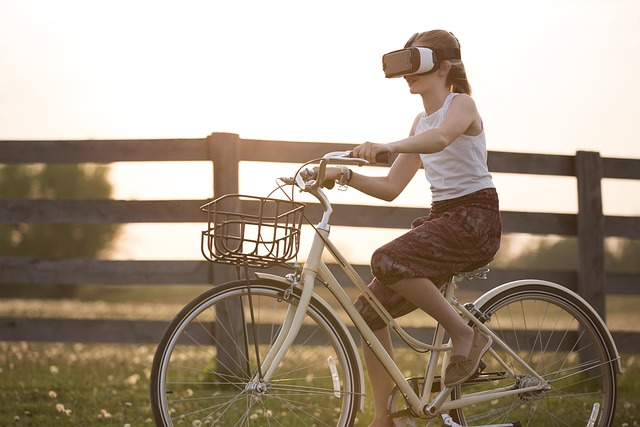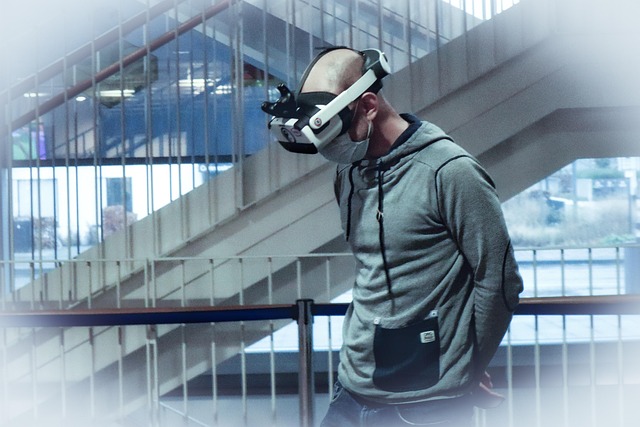The concept of digital behavior has evolved dramatically over the past few decades, reflecting the relentless pace of technological advancement and our ever-changing relationship with the digital world. As we navigate this evolving landscape, we find ourselves on the brink of a new frontier: the realms of Virtual Reality (VR), Augmented Reality (AR), and the broader Metaverse.
Virtual Reality immerses users in entirely simulated environments, creating experiences that can transport us to fantastical worlds or replicate real-world scenarios with startling accuracy. Imagine donning a VR headset and suddenly being amidst the dense foliage of a tropical rainforest or battling mythical creatures in a medieval kingdom. This immersion not only entertains but profoundly impacts our digital behavior. We begin to interact with digital spaces much like the physical ones, changing our expectations and interactions in the process.
On the other hand, Augmented Reality seamlessly blends the digital with the physical. Through AR applications, we can augment our immediate surroundings with digital information and enhancements, enriching our experiences without isolating ourselves from reality. Consider how mobile apps allow us to visualize how furniture would look in our homes before purchasing or how educational tools can bring historical events to life by projecting images and sounds around us. This technology invites us to interact differently not just with devices but with our environment as well, prompting a transformation in digital behavior as we learn to integrate virtual enhancements into our daily lives.
The Metaverse represents a convergence of these technologies, creating a vast, interconnected space where individuals can interact, socialize, and conduct business. Here, our avatars traverse digital landscapes, attending events, participating in economies, and engaging with other users in ways that simulate real life yet redefine our understanding of connection. As we step into the Metaverse, our digital behavior evolves further; we find new avenues for expression, collaboration, and community building, navigating challenges of identity and presence in ways we never imagined before.
Moreover, the integration of VR, AR, and the Metaverse pushes us to reconsider our privacy and security in these expansive digital realms. Each interaction contributes to our digital footprints, shaping how we are perceived and how we perceive ourselves. As we delve deeper into these technologies, it’s crucial to recognize the implications of our shared experiences and the data we generate, fostering a sense of responsibility and ethics in our digital behavior.
As technology continues to advance, we stand at a pivotal moment. The evolution of digital behavior through VR, AR, and the Metaverse not only alters how we engage with the digital world but also influences our everyday lives. We are invited to embrace this transformation with open minds and hearts, forging connections that transcend physical boundaries and exploring what it means to be human in an increasingly virtual existence.




